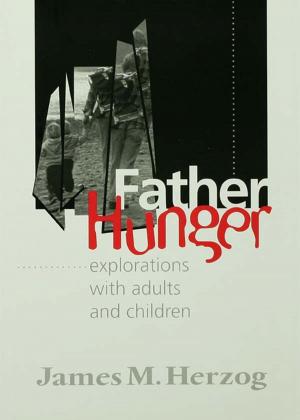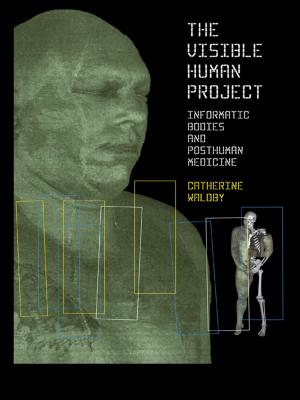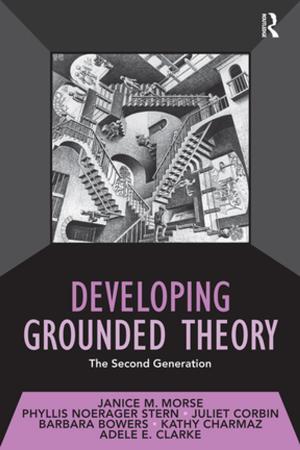Ethiopia in Transit
Millennial Quest for Stability and Continuity
Nonfiction, Social & Cultural Studies, Social Science, Sociology| Author: | ISBN: | 9781317982067 | |
| Publisher: | Taylor and Francis | Publication: | October 18, 2013 |
| Imprint: | Routledge | Language: | English |
| Author: | |
| ISBN: | 9781317982067 |
| Publisher: | Taylor and Francis |
| Publication: | October 18, 2013 |
| Imprint: | Routledge |
| Language: | English |
The writings in this edition explore historical and contemporary issues in Ethiopia as the country underwent change and celebrated its new millennium. However, despite the recognizance of socio-economic and political changes, Ethiopia still faces enduring problems and challenges to its stability and continuity. The political past haunts the country while it is facing the future with optimism and hope. The contributors in this edition examine historical and contemporaneous issues with different lenses; they investigate the multiplicity and complexity of the contradictions that define traditional and modern Ethiopia. The contributions highlight the significance of the instability, dislocation, conflict and transformation inherent in any society. None of these writings, however, celebrate the forces that create the conflict; they are cautious not to glorify the present and romanticize the past. On the contrary, they seek to contextualize the challenges which the country faces with a view to open a dialogue, not exclusively among Ethiopians, but with scholars and social activists in the rest of Africa, as well as the international community. The contributions cover and examine such important topics as historiography, political power and legitimacy, ideology and radical views, knowledge transmission and modernity, emigration and the Ethiopian Diaspora, ethnic and linguistic identity, patriarchy and feminist discourses in a traditional society, public policies and economic development, traditional and modern art and culture, and neo-liberalism and globalization. This book was published as a special issue of African Identities.
The writings in this edition explore historical and contemporary issues in Ethiopia as the country underwent change and celebrated its new millennium. However, despite the recognizance of socio-economic and political changes, Ethiopia still faces enduring problems and challenges to its stability and continuity. The political past haunts the country while it is facing the future with optimism and hope. The contributors in this edition examine historical and contemporaneous issues with different lenses; they investigate the multiplicity and complexity of the contradictions that define traditional and modern Ethiopia. The contributions highlight the significance of the instability, dislocation, conflict and transformation inherent in any society. None of these writings, however, celebrate the forces that create the conflict; they are cautious not to glorify the present and romanticize the past. On the contrary, they seek to contextualize the challenges which the country faces with a view to open a dialogue, not exclusively among Ethiopians, but with scholars and social activists in the rest of Africa, as well as the international community. The contributions cover and examine such important topics as historiography, political power and legitimacy, ideology and radical views, knowledge transmission and modernity, emigration and the Ethiopian Diaspora, ethnic and linguistic identity, patriarchy and feminist discourses in a traditional society, public policies and economic development, traditional and modern art and culture, and neo-liberalism and globalization. This book was published as a special issue of African Identities.















